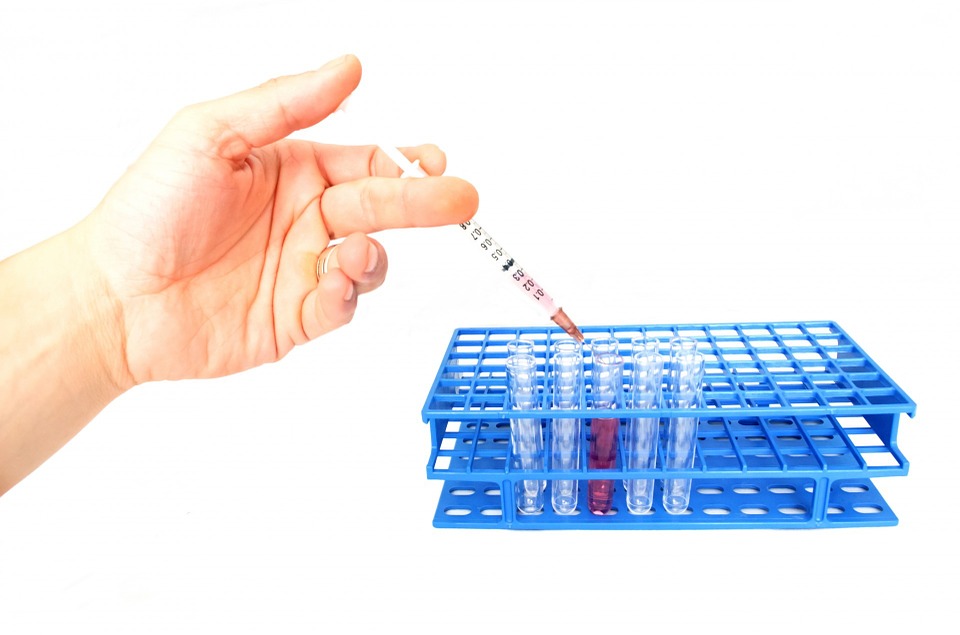
Novo Nordisk receives FDA approval of Tresiba (insulin degludec injection 100 U/mL, 200 U/mL) for use in children and adolescents with diabetes.
Novo Nordisk announced that the U.S. Food and Drug Administration (FDA) approved an expanded indication for Tresiba (insulin degludec injection 100 U/mL, 200 U/mL), a once-daily, long-acting basal insulin, to be used in children and adolescents with diabetes.
Tresiba, first approved by the FDA in September 2015, is now indicated to improve glycemic control in patients with type 1 and type 2 diabetes from the age of one through adulthood1, making it the only basal insulin approved for both type 1 and type 2 diabetes in patients as young as 1 year old. Tresiba is a long-acting insulin that is released over time, has a 25 hour half-life and has a consistently flat and stable profile at steady state.1
“We are seeing a rise in the number of children and adolescents with diabetes in the U.S., especially those with type 2, and are proud to support these patients by offering new and effective treatment options,” said Todd Hobbs, M.D., U.S. chief medical officer, Novo Nordisk.2 “It can be challenging for children with type 1 diabetes and their parents to manage blood sugar levels and keep up with multiple injections throughout an already busy day. With this approval, they now have another option of a long-acting insulin that is dosed once daily.”
Novo Nordisk submitted the supplemental New Drug Application (sNDA) based on the results of the BEGIN Young 1 trial, a multi-national, 26-week, phase 3b, randomized, controlled, open-label, parallel-group, treat-to-target non-inferiority trial with a 26-week extension. BEGIN Young 1 compared the efficacy and safety of Tresiba administered once-daily compared with Levemir (insulin detemir [rDNA origin] injection) administered once-daily or twice daily, both in combination with insulin aspart, a mealtime insulin, in children and adolescents with type 1 diabetes aged 1 to 17.
The results showed that Tresiba in combination with insulin aspart effectively improved glycemic control. The most common adverse events were infection, hypoglycemia and hyperglycemia.3 The use of Tresiba in patients one year of age and older with type 2 diabetes mellitus is also supported by evidence from adequate and well-controlled studies in adults with type 2 diabetes.1
Once-daily Tresiba (insulin degludec injection 100 U/mL, 200 U/mL) is available in Novo Nordisk’s latest insulin delivery device — FlexTouch — as a 100 units/mL or 200 units/mL pen. Tresiba U-100 FlexTouch can deliver up to 80 units of insulin in a single injection. Tresiba U-200 FlexTouch can dose up to 160 units in a single injection. FlexTouch is also the only prefilled insulin pen with no push-button extension.1
Eligible patients with commercial insurance can use the Tresiba Instant Savings Card to reduce co-pays to as low as $15 a month for up to 24 months. Eligibility and other restrictions apply. For complete terms and conditions and any questions regarding eligibility, click here.
_________________________________________________
References:
1 Tresiba [package insert]. Plainsboro, NJ: Novo Nordisk Inc; December 2016.
2 American Diabetes Association. Statistics About Diabetes. http://www.diabetes.org/ diabetes- basics/statistics. ADA website. Accessed December 5, 2016.
3 Thalange N, Deeb L, Lotova V, et al. Insulin degludec in combination with bolus insulin aspart is safe and effective in children and adolescents with type 1 diabetes. Pediatric Diabetes. 2015; 164-176.
4 Centers for Disease Control and Prevention. National Diabetes Statistics Report, 2014. http://www.cdc.gov/diabetes/pubs/statsreport14/national-diabetes-report-web.pdf. CDC website. Accessed December 5, 2016.
5 Centers for Disease Control and Prevention. Number (in Millions) of Civilian, Noninstitutionalized Adults with Diagnosed Diabetes, United States, 1980–2014. http://www.cdc.gov/diabetes/statistics/prev/national/figpersons.htm. CDC website. Accessed December 5, 2016.
(Source: PR Newswire)




